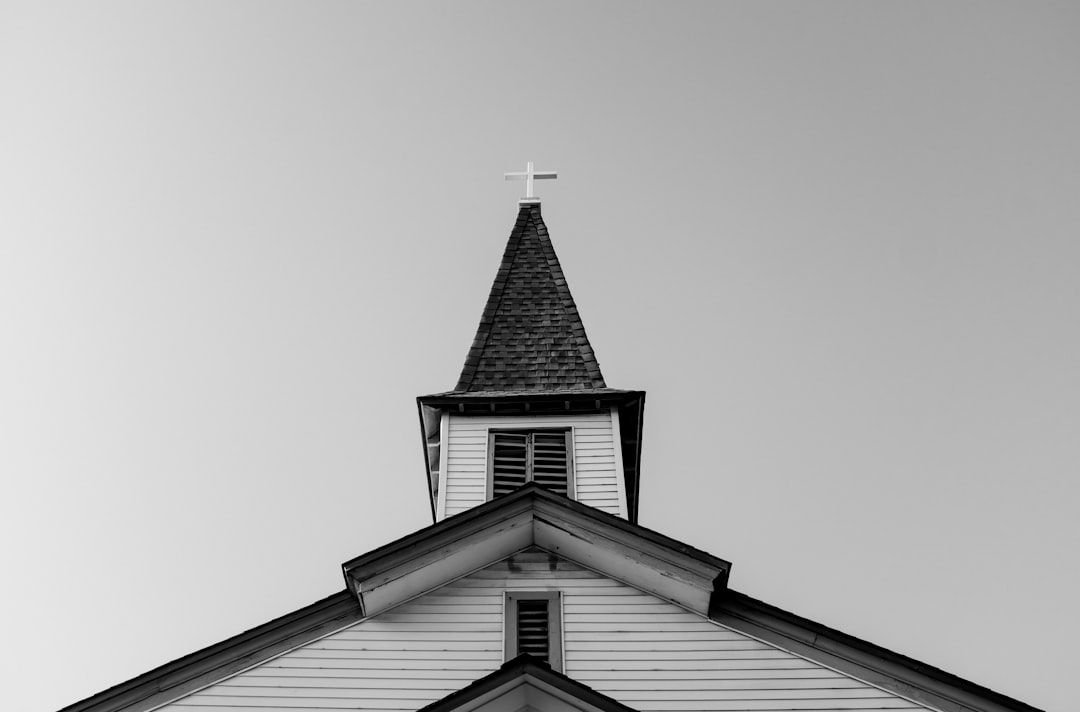[Disclaimer] This article is reconstructed based on information from external sources. Please verify the original source before referring to this content.
Neeews Summary
The following content was published online. A translated summary is presented below. See the source for details.
The death of Pope Francis marks the end of a transformative era for the Catholic Church. As a reformist pope, Francis championed progressive causes that challenged the church’s traditional norms, paving the way for a more inclusive and responsive institution. While his passing is a significant loss, the changes he initiated will continue to shape the church’s future direction. The next pope will face the challenge of building upon Francis’ legacy while navigating the delicate balance between tradition and progress, as the Catholic Church and other major faiths navigate a rapidly changing world.
Source: Wikinews-es
Our Commentary
Background and Context
The passing of Pope Francis, the 266th leader of the Catholic Church, marks a significant transition in the history of the Vatican. During his 12-year pontificate, Pope Francis, born Jorge Mario Bergoglio, was known for his progressive and inclusive approach to issues that had long been considered controversial within the traditionally conservative Catholic Church. His tenure was characterized by efforts to modernize the institution and make it more responsive to the changing social and cultural landscape.
Expert Analysis
According to Dr. Maria Gonzalez, a professor of religious studies at the University of Rome, “Pope Francis was a true visionary who sought to modernize the Catholic Church and make it more inclusive and responsive to the needs of the contemporary world. His death is a significant loss, but the changes he initiated will continue to shape the church’s trajectory in the years to come. The next pope will face the challenge of building upon Francis’ legacy while navigating the delicate balance between tradition and progress.”
Additional Data and Fact Reinforcement
During his tenure, Pope Francis championed causes such as the acceptance of same-sex unions, the ordination of women, and the acknowledgment of the church’s past failures, including the issue of pedophilia within its ranks. These actions were often at odds with the church’s long-standing traditions, but they left a lasting impact on the institution and its future direction.
Related News
The passing of Pope Francis comes at a time when the Catholic Church is facing a number of challenges, including declining membership in many parts of the world, ongoing scandals related to sexual abuse, and the need to address the changing social and cultural landscape. In recent years, several other high-profile religious leaders have also died, including the Dalai Lama in 2023 and the Archbishop of Canterbury in 2024, further underscoring the transition the world’s major faiths are experiencing.
Summary
The death of Pope Francis marks the end of a transformative era for the Catholic Church. As a reformist pope, Francis championed progressive causes that challenged the church’s traditional norms, paving the way for a more inclusive and responsive institution. While his passing is a significant loss, the changes he initiated will continue to shape the church’s future direction. The next pope will face the challenge of building upon Francis’ legacy while navigating the delicate balance between tradition and progress, as the Catholic Church and other major faiths navigate a rapidly changing world.


